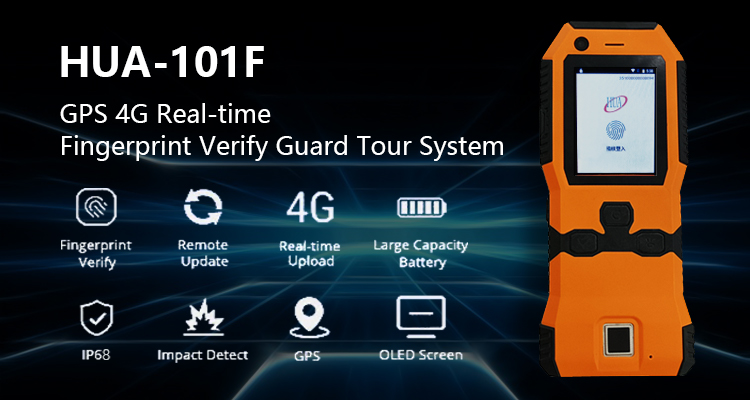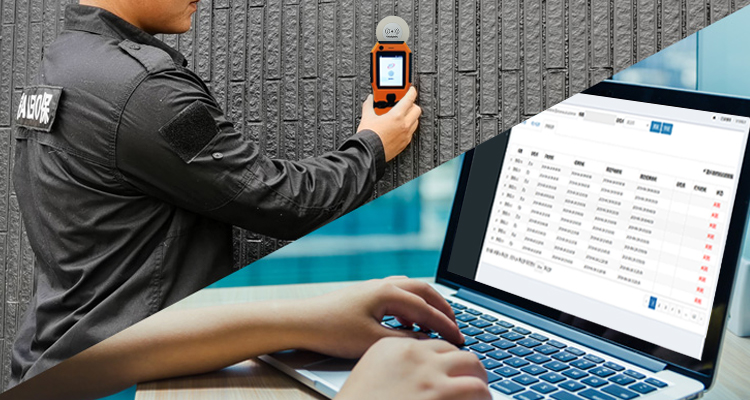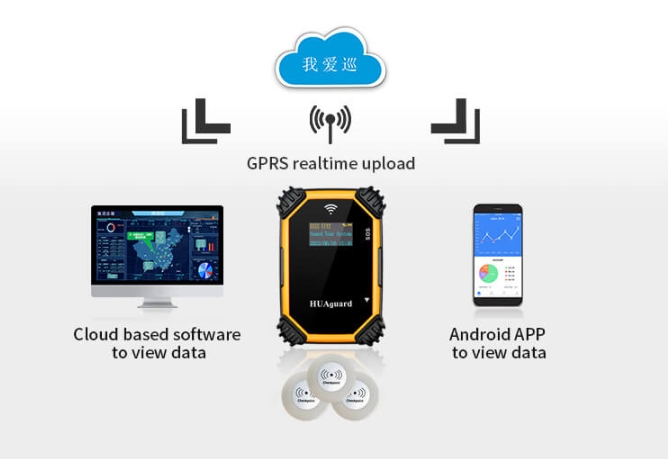

One of the significant benefits of a GPS-enabled guard patrol system is that it introduces greater accountability for security personnel. In the past, guards could manipulate patrol logs, skip areas, or take unauthorized breaks without being easily detected. However, GPS technology eliminates this possibility by automatically recording guards’ locations and movements in real time.

One of the key features of a GPS is the ability to track a guard’s exact location on a map. This real-time location enables supervisors to ensure that guards are patrolling their designated areas, thereby enhancing oversight and reducing the risk of missed patrols. If an incident occurs, security managers can use the recorded data to quickly verify that the guard was in the correct location at the time. In addition, the GPS patrol system provides detailed reports, including time-stamped records of guard locations, routes, and activities. These reports are generated automatically, reducing the risk of falsified data and ensuring that managers gain a comprehensive understanding of patrol activities.
One of the most important benefits of using a GPS-enabled guard patrol system is its ability to facilitate real-time incident response. In the past, delayed communication between guards and supervisors during an emergency could have serious consequences. Today, with the integration of GPS technology, security managers can monitor the exact location of their personnel and quickly dispatch the guard closest to the incident.

For example, if a security breach or emergency occurs, the system will show which guard is closest to the scene, thereby reducing response time. This real-time visibility not only improves the efficiency of patrols but also allows security personnel to deal with any security threats in a timely manner. It reduces the likelihood of incidents escalating due to delayed response times. Additionally, GPS systems enhance communication between guards and supervisors. Many modern systems include built-in communication capabilities that allow guards to send instant alerts when they encounter a problem. This could include anything from suspicious activity to medical emergencies.
Integrating a GPS guard patrol system not only enhances security but also improves overall operational efficiency. One of the main ways to achieve this is by optimizing patrol routes. Traditional patrols often follow predetermined routes, which may not be the most efficient. With a GPS, analysts can examine and optimize routes to cover the most area in the shortest amount of time, reducing redundancy and increasing patrol efficiency.

From a financial perspective, GPS patrol systems can result in significant cost savings. First, the automation of reporting and monitoring eliminates the need for manual record-keeping, which reduces labour costs. Additionally, by optimizing patrol routes, fewer guards may be needed to cover the same area, potentially reducing personnel costs.
In addition to improving the overall safety of a property, GPS-enabled patrol systems also play a vital role in enhancing the safety of security officers themselves. Security officers often work in dangerous environments, and their safety is critical to the success of operations. Utilizing GPS tracking allows supervisors to ensure that security officers are always where they should be and to respond quickly in emergencies.
For example, suppose a security officer encounters a dangerous situation, such as an intruder or a medical emergency. In that case, they can immediately send an alert to their supervisor through the GPS. Additionally, geo-fencing technology allows security managers to set specific boundaries within the system. If a security officer crosses these boundaries (either intentionally or accidentally), the system immediately sends an alert, allowing managers to contact the security officer and ensure their safety.
For security companies, using a GPS-enabled patrol system can significantly improve customer satisfaction and retention. Customers are increasingly demanding transparency and accountability for the services they receive, and GPS systems allow security providers to meet these expectations. With real-time tracking and detailed reporting, security companies provide clients with verifiable evidence that they are monitoring their property as promised.
Automated reporting capabilities allow security managers to generate comprehensive patrol reports that include time-stamped data on the time and location of patrols. Additionally, GPS systems can help improve security protocols and address any concerns that clients may have with the data they collect. If a client raises an issue about inadequate monitoring of an area, the security company can review patrol data to assess the situation and make necessary adjustments.